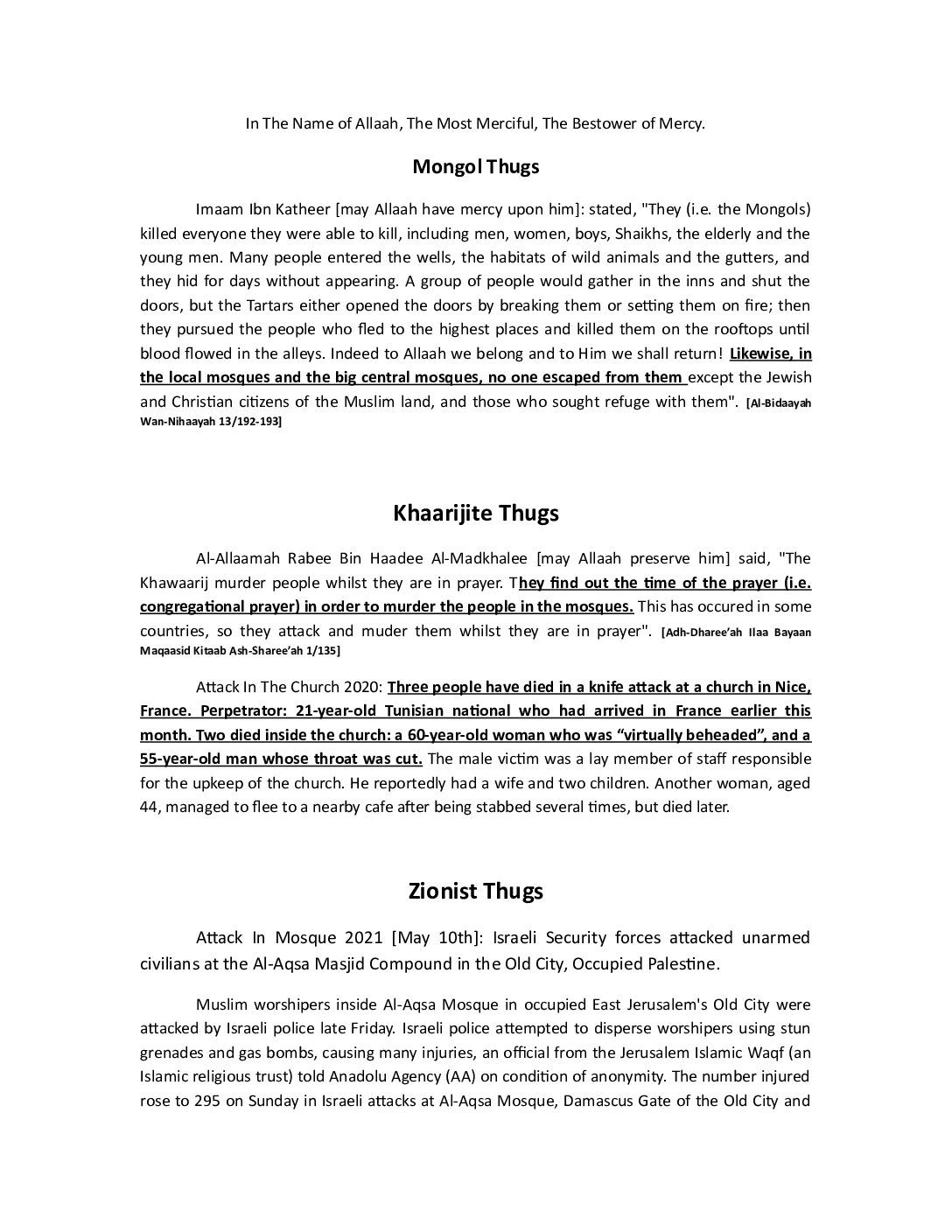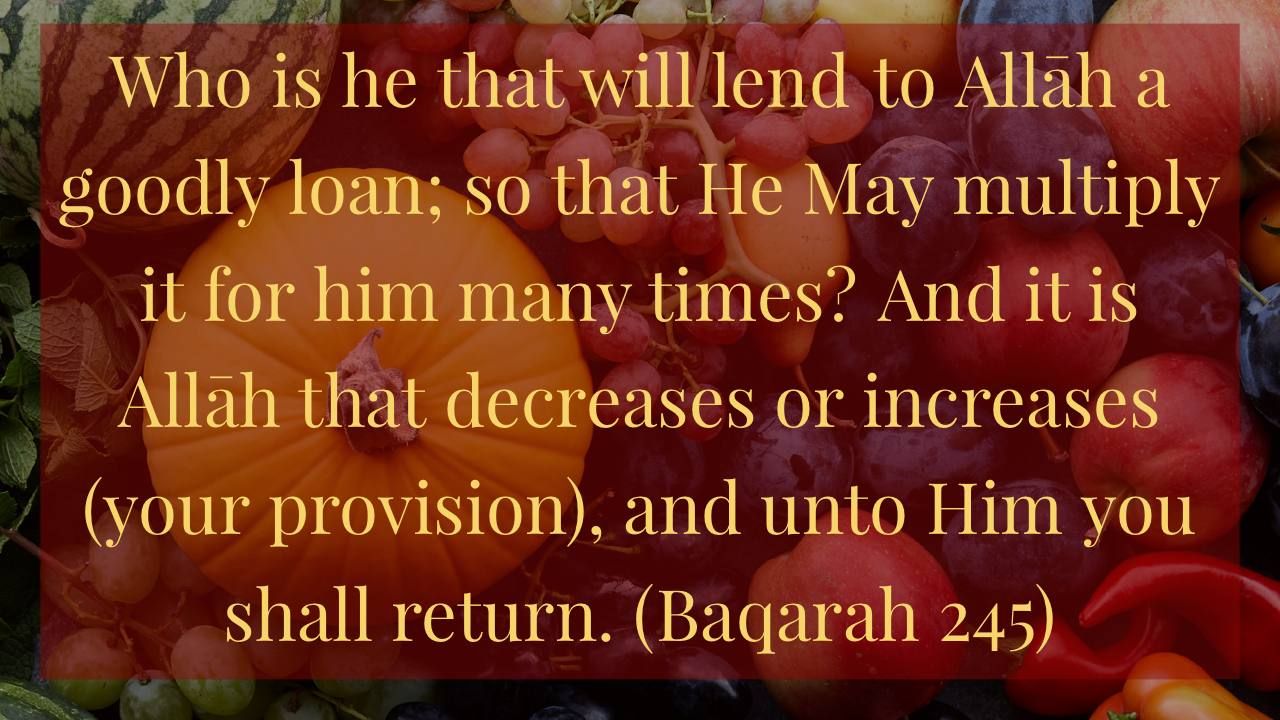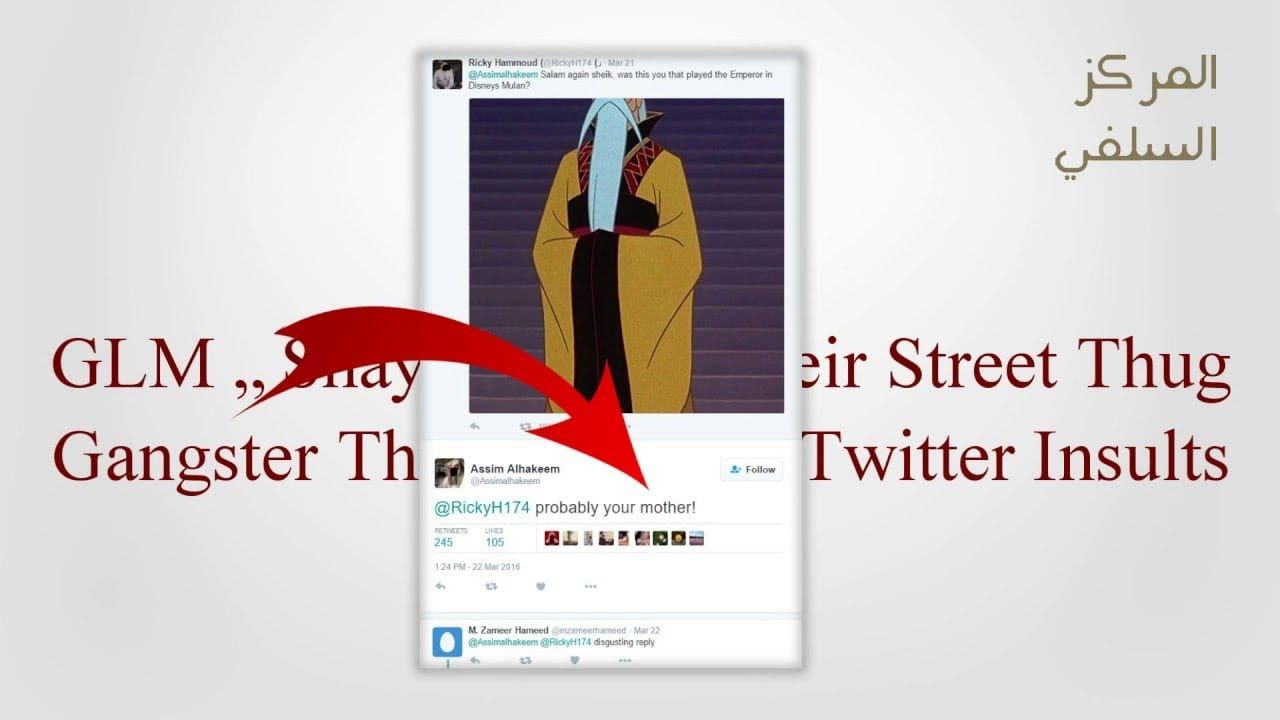Reminder: Few Issues Related to The Month of Sha’baan – its Middle (15th Day and Night) by Shaikh Uthaymeen (rahimahullaah)
In The Name of Allaah, The Most Merciful, The Bestower of Mercy
In the Saheehayn (Bukhaari and Muslim) Aa’isha (radiyallaahu-anhaa) said: I have never seen the Prophet (sallal-laahu-alayhi-wasallam fast a complete month except Ramadhaan; and I have never seen him fast more in any other month than Shabaan (i.e. he used to fast a lot during shabaan but not the complete month because Ramadhaan was the only month he fasted completely).
Specifying Fasting On the Middle of Shabaan (15th)
Ibn Rajab mentioned in Lataa’if Al-Ma’aarif page 341 that Ibn Maajah narrated a hadeeth in which the Prophet said that when the 15th of Shabaan arrives, one should pray at night and fast during the day etc
This hadeeth is Mawdoo (fabricated) and in its chain of transmission is a man called Abu Bakr Abdullah Bin Muhammad -well known as [ابن أب بسرة ]. Imaam Ahmad and Ibn Ma’een said that he used to fabricate hadeeth.
So based on the above, it is not from the Sunnah to specify the middle (15th of Sha’baan) for fasting. And if specifying it for fasting is not a Sunnah, then it is a bidah. The Prophet said, ‘’Every bidah is misguidance.’’
The Virtues of the Night of 15th of Sha’baan
Shaikh Bin Baaz (rahimahullaah) said that all the ahaadeeth regarding the virtues of the night of 15th of Sha’baan are week.
However, one can pray the night prayer (i.e. Tahajjud) on this night just as any other night, such as the common practice of a person who usually prays Tahajjud. He can pray on this night without specifying it with extra worship based on the belief that there is special virtue in doing so as opposed to other nights. If a person performs the Tahajjud (or night prayer) on this night only (i.e. out of belief that it is a special night), this is a bidah because there is nothing reported (authentic) that the Prophet (sallal-laahu-alayhi-wasalam) or his companions did so. The hadeeth reported in this regard is weak. Shaikh Bin Baaz (rahimahullaah) said that all the Ahaadeeth narrated about this are fabricated.
The Belief That Allaah Decrees Everything That Will Happen During the Year on 15th Night of Sha’baan
This belief is false.
Allaah (The Most High) said:
إِنَّا أَنزَلْنَاهُ فِي لَيْلَةٍ مُّبَارَكَةٍ ۚ إِنَّا كُنَّا مُنذِرِينَ
فِيهَا يُفْرَقُ كُلُّ أَمْرٍ حَكِيمٍ
أَمْرًا مِّنْ عِندِنَا ۚ إِنَّا كُنَّا مُرْسِلِينَ
رَحْمَةً مِّن رَّبِّكَ ۚ إِنَّهُ هُوَ السَّمِيعُ الْعَلِيمُ
We sent it (this Qur’an) down on a blessed night [(i.e. night of Qadr, Surah No: 97) in the month of Ramadan, the 9th month of the Islamic calendar]. Verily, We are ever warning [mankind that Our Torment will reach those who disbelieve in Our Oneness of Lordship and in Our Oneness of worship]. Therein (that night) is decreed every matter of ordainments. Amran (i.e. a Command or this Qur’an or the Decree of every matter) from Us. Verily, We are ever sending (the Messengers), (As) a Mercy from your Lord. Verily! He is the All-Hearer, the All-Knower. [Surah Ad-Dukhan Aayaat 3-6]
Allaah (The Most High) said:
إِنَّا أَنزَلْنَاهُ فِي لَيْلَةِ الْقَدْرِ
Verily! We have sent it (this Qur’an) down in the night of Al-Qadr (Decree) [Surah Al-Qadr.. Ayah 1]
So whoever claims that on the 15th night of Sha’baan is when Allaah decrees what will take place during the year, then he has opposed what is established in these Aayaat.
Cooking food for the poor and parents specially on the day of 15th of Sha’baan (i.e. as an act of worship)
This has no basis and specifying such acts on such a day is from the acts of bidah. The Prophet said: Every Bidah is misguidance.’’
Finally: The Shaikh (rahimahullaah) spoke about the perils of Bidah. We found a similar article (based on the speech of the Shaikh) already translated by the students at Salafipublications (may Allaah preserve them) on this link:
http://www.spubs.com/sps/sp.cfm?subsecID=bdh02&articleID=bdh020003&pfriend=
And Allaah knows best
Source: http://www.sahab.net/home/?p=858…abridged and paraphrased










